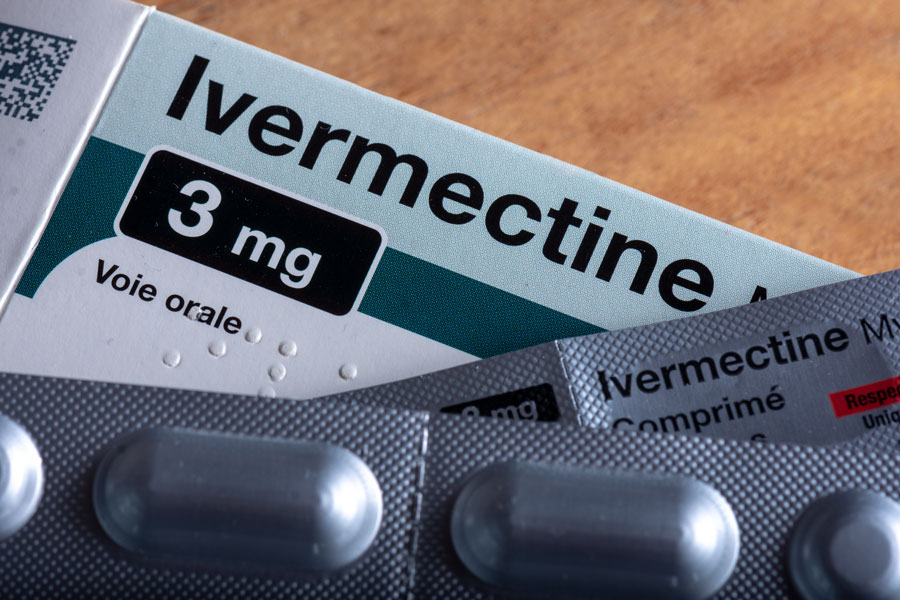
WASHINGTON, D.C. – The National Institutes of Health (NIH) has reportedly added the controversial antiparasitic drug Ivermectin to their COVID-19 treatment guidelines list; the drug had been adopted early in the pandemic as an alternative treatment to the virus, although its use by the greater medical community was greatly lambasted, who said that it had no real effect and, in some forms and doses, could be harmful to humans.
The NIH’s research into Ivermectin as a COVID-19 treatment option was initially publicized by Josh Barnett, a Republican who ran for election to the U.S. House to represent Arizona’s 1st Congressional District; however, he lost the primary on August 2, 2022.
Barnett issued a tweet on August 31, revealing that Ivermectin was now listed on the NIH’s COVID website – under a section titled “Outpatient Repurposed Drugs” – where it is currently stated to be in “Phase 3” of trial tests.
“I have been right, from day one, about everything!” Barnett said. “The crooked NIH has now added Ivermectin to their treatment list. Yes, they added the “horse dewormer”. SMH they were kicking people off social media for talking about.”
Currently, the NIH’s website describes the potential ways that Ivermectin could combat a COVID-19 infection, saying that the drug could “interfere” with SARS-CoV-2 spike protein attachment to the human cell membrane.
“Reports from in vitro studies suggest that Ivermectin acts by inhibiting host import in alpha/beta-1 nuclear transport proteins, which are part of a key intracellular transport process,” the website says. “Viruses hijack the process and enhance infection by suppressing the host’s antiviral response. In addition, Ivermectin docking may interfere with SARS-CoV-2 spike protein attachment to the human cell membrane. Some studies of Ivermectin have also reported potential anti-inflammatory properties, which have been postulated to be beneficial in people with COVID-19.”
It should be stressed that Ivermectin is in trial testing as a COVID-19 treatment option, and has not yet been officially approved by the NIH to treat the disease.



Comments are closed.